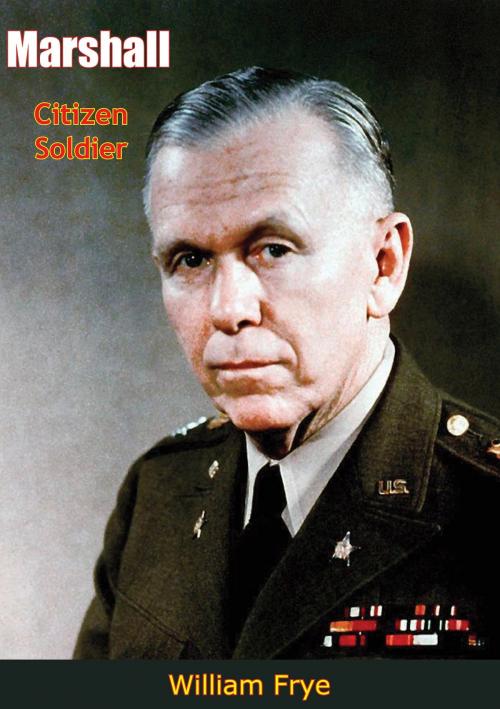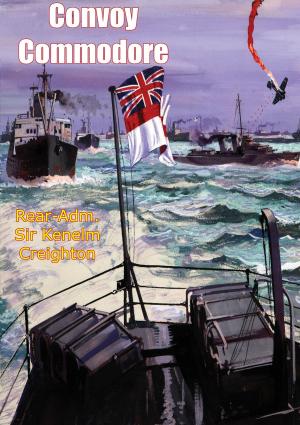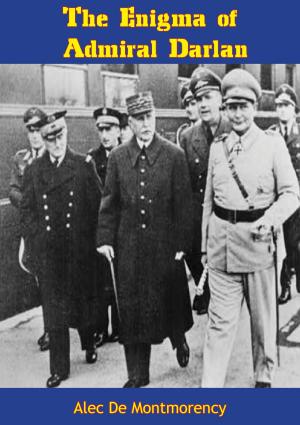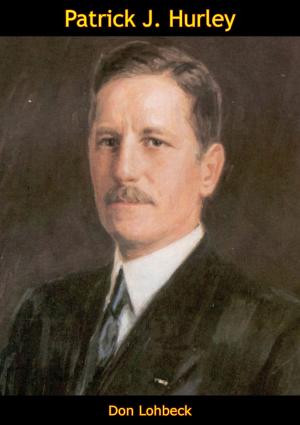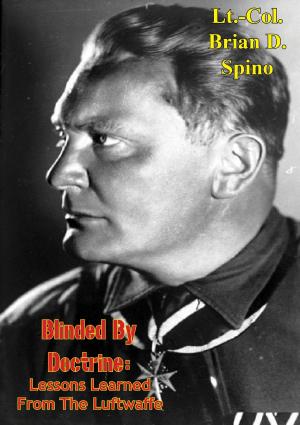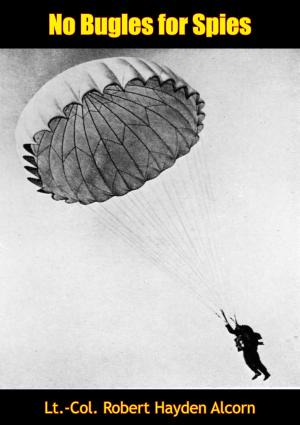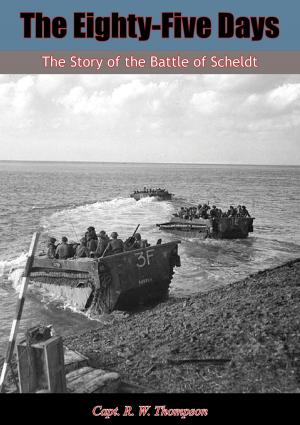| Author: | William Frye | ISBN: | 9781787209145 |
| Publisher: | Arcole Publishing | Publication: | January 12, 2017 |
| Imprint: | Arcole Publishing | Language: | English |
| Author: | William Frye |
| ISBN: | 9781787209145 |
| Publisher: | Arcole Publishing |
| Publication: | January 12, 2017 |
| Imprint: | Arcole Publishing |
| Language: | English |
If you think of biography as the static record of a man’s achievement, compiled during twenty or more mellowing years, William Frye’s book will have the impact of an electric shock. Marshall: Citizen Soldier is not to be leafed through idly, just as George Catlett Marshall himself cannot be regarded passively.
That deceptively mild manner of his, as buck privates, brass hats and not a few politicos have discovered, only indifferently conceals a driving determination, backed by an inner steel core of moral integrity and joined with a lifetime’s habit of command.
The general public has not given Marshall the excited, short-lived adulation that it has heaped upon more flamboyantly dramatic military men. But the people recognized in George Marshall the citizen’s soldier to whom they could safely entrust the most vital post in an America at war—Chief of Staff of the United States Army.
The acceptance by Marshall early in 1947 of one of the greatest appointive offices in our government, that of Secretary of State, a job today of world significance, leaves no doubt either of the abilities of the man or of his devotion to the public weal. For the dearest wish of the erstwhile Chief of Staff had been a quiet retirement at the end of his Army duties.
Marshall began his career in unorthodox fashion by graduating from the V.M.I. instead of West Point. Even on routine tours of duty in the Philippines, in the States and later in China he was singled out by senior officers as a young man of remarkable ability. During World War I, Marshall asked for command duty in France. His superiors rushed him abroad but they realized that Major Marshall was hard-to-get staff officer material, not slated for a regular front-line assignment.
William Frye as Marshall’s biographer comes into touch with some of the knottiest questions of the war years. He does not sidestep issues and controversies; he meets them with decision.
If you think of biography as the static record of a man’s achievement, compiled during twenty or more mellowing years, William Frye’s book will have the impact of an electric shock. Marshall: Citizen Soldier is not to be leafed through idly, just as George Catlett Marshall himself cannot be regarded passively.
That deceptively mild manner of his, as buck privates, brass hats and not a few politicos have discovered, only indifferently conceals a driving determination, backed by an inner steel core of moral integrity and joined with a lifetime’s habit of command.
The general public has not given Marshall the excited, short-lived adulation that it has heaped upon more flamboyantly dramatic military men. But the people recognized in George Marshall the citizen’s soldier to whom they could safely entrust the most vital post in an America at war—Chief of Staff of the United States Army.
The acceptance by Marshall early in 1947 of one of the greatest appointive offices in our government, that of Secretary of State, a job today of world significance, leaves no doubt either of the abilities of the man or of his devotion to the public weal. For the dearest wish of the erstwhile Chief of Staff had been a quiet retirement at the end of his Army duties.
Marshall began his career in unorthodox fashion by graduating from the V.M.I. instead of West Point. Even on routine tours of duty in the Philippines, in the States and later in China he was singled out by senior officers as a young man of remarkable ability. During World War I, Marshall asked for command duty in France. His superiors rushed him abroad but they realized that Major Marshall was hard-to-get staff officer material, not slated for a regular front-line assignment.
William Frye as Marshall’s biographer comes into touch with some of the knottiest questions of the war years. He does not sidestep issues and controversies; he meets them with decision.
